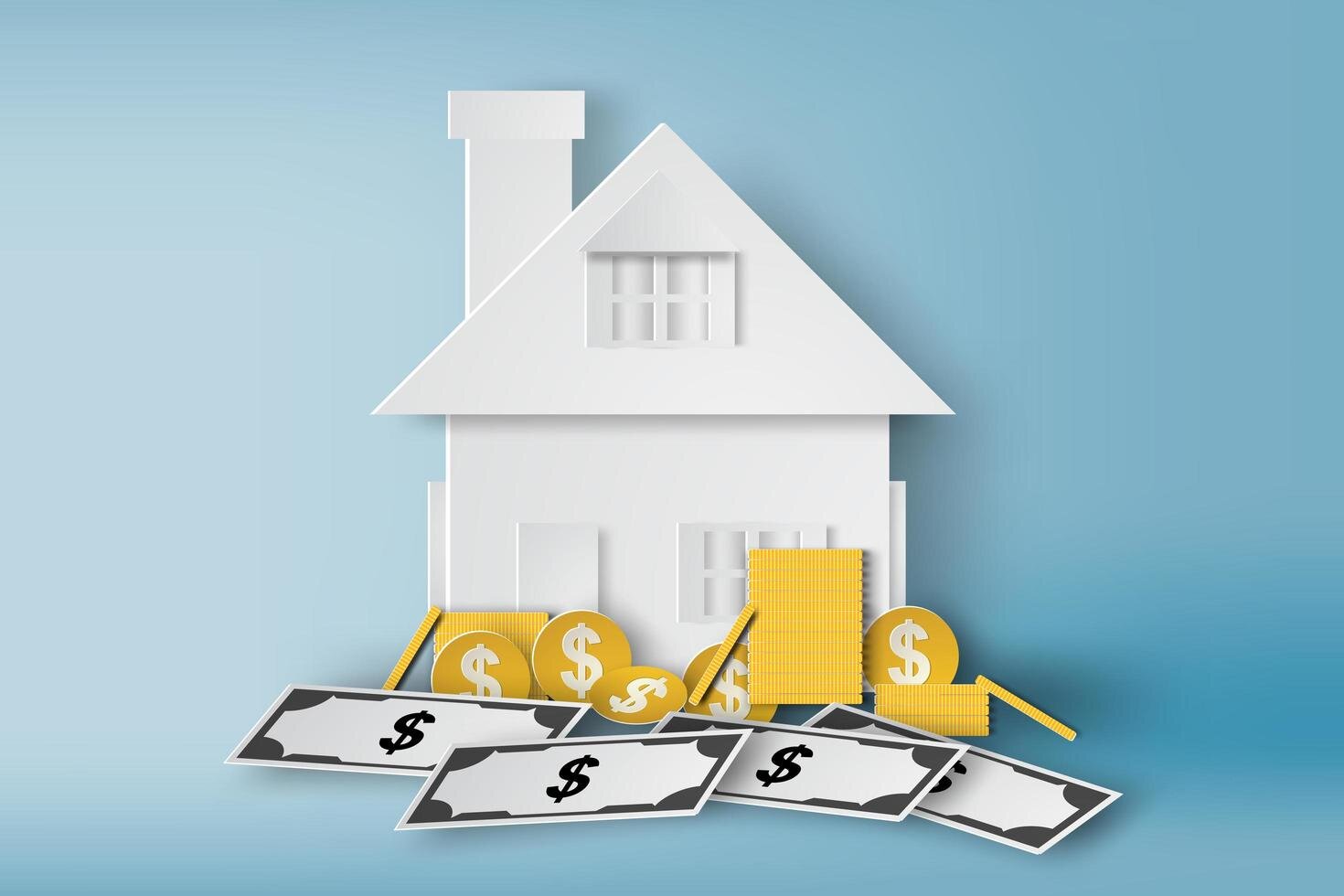What is Equity?
Your home can be one of the best investments you’ll ever make.
Not only does it provide you and your family the security of an inflation-proof dwelling, but as your equity grows, it becomes a solid financial tool in building wealth. Understanding the basics of what equity is, how it grows and what you can do with it, is the first step in using your home as an asset that grows in value.
Simply put, equity is the difference between what your home is worth and how much you owe against that value. For example, if you own a home worth $500,000 and you currently owe $400,000 on your mortgage, your equity is $100,000. This is actually the amount of the home you own and if you sold the home, you would get this amount in the sale.
Building Equity
Equity grows in one of several ways: the property value increases, you pay down the debt, you add value to the home.
The most common method of increases in property values is based on market demand. When interest rates are low and the economy is strong, more buyers enter the market and the demand for homes outpaces the amount on the market. This is what’s known as a “seller’s market.” When this happens, the value of homes rise and equity rises along with it.
Paying down the debt owed on a home will also add to the equity. Many homeowners choose to make extra payments against the principal of the loan along with their monthly payment. Even an extra $500/month can eventually add up over time and shorten the repayment length and grow equity. Annual or quarterly bonuses are also a good source of extra funds which can be used to decrease the debt.
Renovations and home improvements can also add to the value of the home; thus increasing equity. Updated kitchens and bathrooms, adding extra square footage, remodeling the back yard or adding a pool can create more than the dollar-for-dollar increase in value. A well maintained, upgraded home will always command a higher sale price than its run-down counterpart.
Using your Equity
Having equity in your home provides financial security. But not only does it provide peace of mind, it can be used, even without selling the property.
Receive cash when selling – Of course the first and most obvious use of equity is to have money left over when you sell your home. This can be used to buy a new home, for retirement or to add to savings.
Borrow against the equity – A second home loan allows the homeowner to take some, or all, of the equity out of the home to use for investment, home improvement, as a buffer if converting the home to a rental and any number of other uses.
Buying a property and building equity is one of the biggest advantages of homeownership. As rental rates continue to rise, a 30 year mortgage payment stays the same, protecting against inflation. With each payment, the borrower pays more principal and less interest. As the market appreciates and equity increases, the property provides an asset which not only provides the owners a home to enjoy, but a financial investment that continues to grow in value.
Resource : George Coloney




